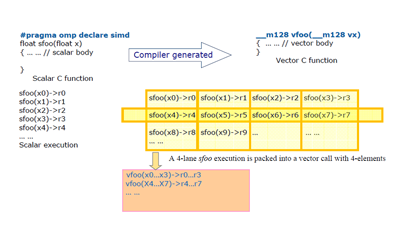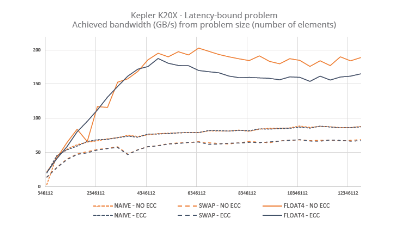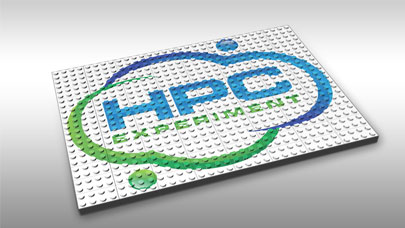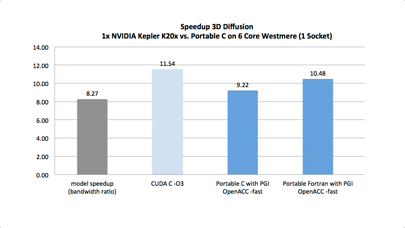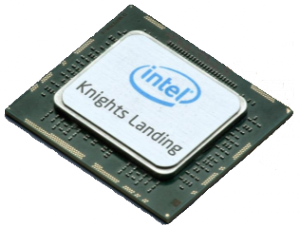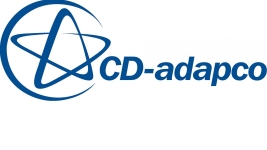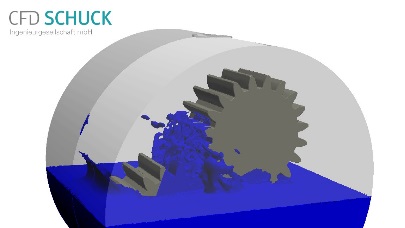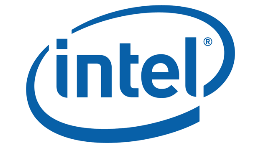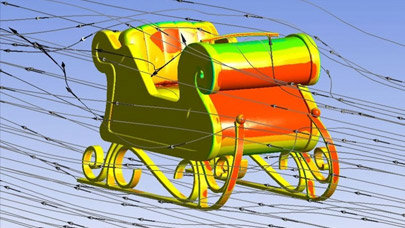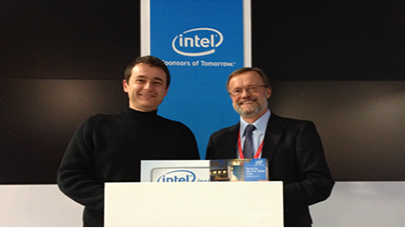Parallel Programming Group Reports Year End Progress and Provides List of Activities for SC 15 in Austin
The OpenACC Standards Group today announced several significant new developments including the release and ratification of the 2.5 version of the OpenACC API specification, member support for multiple new OpenACC targets, and a comprehensive calendar of OpenACC activities for the upcoming SC15 conference in Austin.
The OpenACC standard simplifies the programming of accelerated computing systems through the use of directives, enabling application developers to easily take advantage of the transformative power of these systems that are driving advances in science, engineering and industry. OpenACC is now available now in compilers from many leading vendors. In addition, it is supported by an expanding range of debuggers, profilers and other programming tools.
“The 2.5 specification addresses an essential challenge of profiling code where a few simple directives transform serial instructions and spread the work across thousands of cores,” said Duncan Poole, President of OpenACC-Standard.org. “Using tools that support OpenACC, developers have an important lead in creating code that performs well across a variety of multi-core host devices and accelerators, including Titan, and the upcoming DOE Coral systems.”
OpenACC Compilers Now Support Multicore ARM and x86 Processors
Two commercial OpenACC compiler vendors have recently announced support for multicore processors as parallel targets: the PGI compiler can now accelerate applications across multiple x86 cores, while the PathScale compiler supports acceleration across the 48 cores of a Cavium ThunderX ARM processor.
“OpenACC elegantly allows the programmer to specify parallel execution on either an accelerator or a multicore CPU using the exact same syntax for parallel loops. I am happy to see PGI has added support for OpenACC on multicore x86 CPUs. We are one step closer to the day when we can write code for any of the compute building blocks of Exascale using a uniform programming model and source code,” Satoshi Matsuoka, Professor of Global Scientific Information and Computing Center & Dept. of Mathematical and Computing Sciences at the Tokyo Institute of Technology.
OpenACC Events at SC15
OpenACC experts will be present at the Supercomputing Conference (SC15) in Austin, Texas USA next week in the OpenACC booth (#3003) to answer programming questions, discuss the latest developments with the specification, and provide technology demonstrations on ARM, OpenPOWER, X86-64, NVIDIA, and AMD. A variety of member booths including NVIDIA (#1021), PGI (#925), Cray Computer (#1833), TU-Dresden (#1351) will showcase their progress with the standard and educate developers.
OpenACC members are participating in number of presentations, talks and discussions at SC15 covering the latest developments in the drive towards Exascale.
Key OpenACC events at SC15 include:
Workshop —“Second Workshop on Accelerator Programming Using Directives” — Monday, Nov. 16, 2015, 9am to 5pm in the Austin Hilton, Room 406.
Tutorial — “OpenACC Programming for Accelerators” — Monday, Nov. 16, 8:30am to 5pm in the Austin Convention Center, Room 12A.
OpenACC Birds of a Feather (BoF) session — “OpenACC API 2.5: User Experience, Vendor Reaction, Relevance and Roadmap” — Wednesday, Nov. 19, 2015 at 7:30pm in the Austin Hilton’s Salon C. BoF highlights will include reports on the recent hackathons at CSCS and ORNL, the second OpenACC Seismic Workshop at the University of Houston, and recent progress and the future of the OpenACC specification.
For detailed schedule information, please visit the OpenACC booth or the OpenACC website at www.openacc.org/content/Events/SC
Source: OpenACC Standards Group
© HPC Today 2024 - All rights reserved.
Thank you for reading HPC Today.

